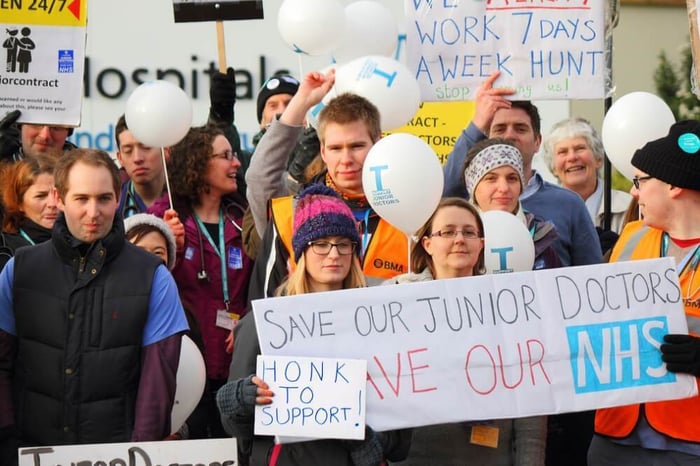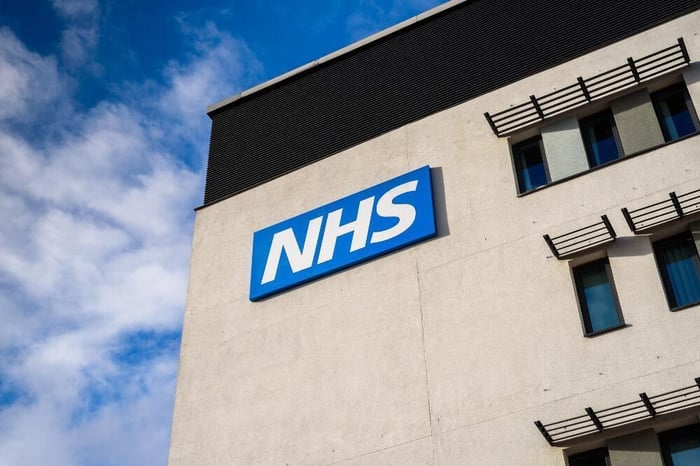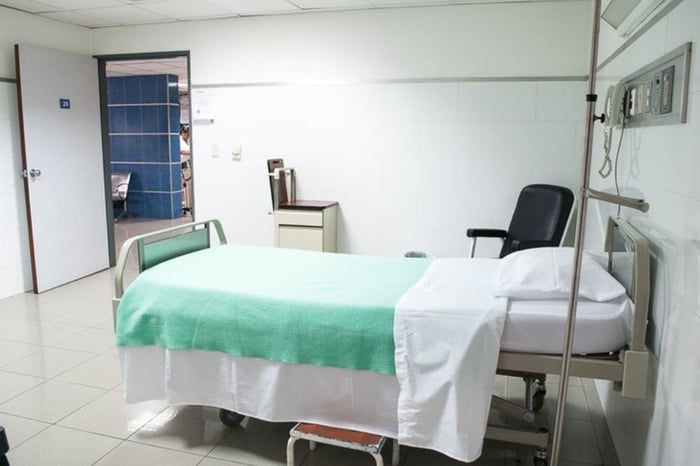
NHS Hot Topics - Junior Doctor Contract and Strikes
Over the last few years, there has been an immense debate about the junior doctor contract and the strikes. It had a significant impact on NHS and the public perception of junior doctors. Due to the controversial nature of this topic, this could come up as a medical school interview question or as an MMI circuit.
Here to give you expert interview preparation, this is your NHS hot topics post to the junior doctor contract and strike.
BACKGROUND
The government and the British Medical Association (BMA) agreed that a new contract for junior doctors was needed and was negotiating since 2012. However, they had several differences in views over what changes need to be implemented. The BMA is the trade union for doctors in the UK and is seen as the guardians of safe working conditions. They represent doctors both as individuals or as a group to bring forward their views and thoughts on lots on a range of issues.
THE GOVERNMENT PERSPECTIVE
THE JUNIOR DOCTOR PERSPECTIVE
Furthermore, guaranteed pay increases were previously linked to years of work contributed to the NHS. But the new contract would be replaced this with a system linked to progression through set training stages. This meant junior doctors with a shorter training programme would be more financially rewarded than those who were in programme lasting several years. Doctors who worked part-time were especially affected, including young mothers, because of this slower pay progression system. The new contract introduced a pay structure that allowed junior doctors to receive a greater proportion of their pay early on in their careers. The removal of an automatic annual pay progression meant that part-time doctors would take longer to reach the next pay point. Over a lifetime of work, this would result in a loss of total income for these doctors.
TIMELINE OF EVENTS
- July 2013: negotiations began between the BMA and the government over the new junior doctor contract
- October 2014 to August 2015: a series of negotiations occurred between the government and the BMA, over the junior doctors contract. The BMA felt the government's offer was unacceptable and refused to re-enter negotiations. However, the government threatened to impose the contract regardless.
- September to November 2015: In response to the government threats, thousands of doctors and members of the public protested outside Westminster. At one protest, there were almost 5,000 people! The BMA members voted on whether or not to take strike action in protest and 98% of doctors voted to carry out strikes.
- January 2016: a series of strikes were carried out by the junior doctors
- April 2016: the first ever all-out strike was carried out by doctors in the history of the NHS. An all-out strike meant that junior doctors walked out of A&E departments where people are present with life-threatening medical conditions and often need immediate care.
- May 2016: an amended contract was released, which was approved by the BMA Junior Doctor Committee’s chair, Dr Johann Malawana
- June 2016: Members of the BMA voted on their thoughts of the new contract. 58% of members did not agree with the contract and thought it was not a good deal. This resulted in the resignation of Dr Malawana.
- August 2016: the government decided to impose the contract. They thought the compromise reached by the revised contract was a good deal for both parties.
ON PATIENTS
In the beginning, the overwhelming majority of the public supported the junior doctor strike action. From before the onset of the National health service, medical professionals had always been well respected and trusted by the general public. In fact, throughout the protests, the majority of the public supported the junior doctors. However, when the strikes included the A&E departments, then there was a steep decrease in support by the public, accompanied by an increase in criticism against the strikes.
The public felt that doctors were not caring for patients who had life-threatening medical conditions. This goes against ethical principles that doctors have sworn to uphold. This round of strikes damaged the trust the public had developed in the medical profession. Furthermore, over 13,000 elective procedures and over 200,000 hospital outpatient appointments were cancelled due to the strikes. Although these are not emergencies, it caused inconvenience and disruption for patients, who had been put on long waiting lists to see specialist doctors.

ON DOCTORS
The imposition of the contract on junior doctors had a huge impact on the medical profession. It left most junior doctors feeling demoralised, devalued, attacked by the government. It also drove more junior doctors out of the NHS. Currently, one in two foundation doctors is choosing not to apply for further training in this country. And a poll for the Independent during the strikes showed that nine in ten junior doctors were considering walking away from the NHS because of the threat of imposition. Most doctors believed that imposing the contract was unjust and unethical. An anaesthetic trainee said “it is not right to impose a contract on a workforce who give up their entire lives and pour blood, sweat and tears into their jobs. And after all that, they have no choice but to work under the conditions of the NHS”
THE CURRENT SITUATION
In September 2018, the junior doctor committee, chaired by Dr Jeeves Wijesuriya, had reached an agreement with NHS employers to conduct a full review of the 2016 contract. This is because the BMA and its members were still not happy with the terms and conditions. The research outcomes from the review will be used to improve the imposed contract. These will form the basis for formal negotiations in 2019, which will hopefully lead to meaningful changes that both sides agree and finally end this long-running dispute.
We hope that this was a helpful overview of this NHS issue and you feel more confident tackling it if it comes up as a question. Don't hesitate to send us any questions or comments by email at [email protected]. Good luck in your interview!



